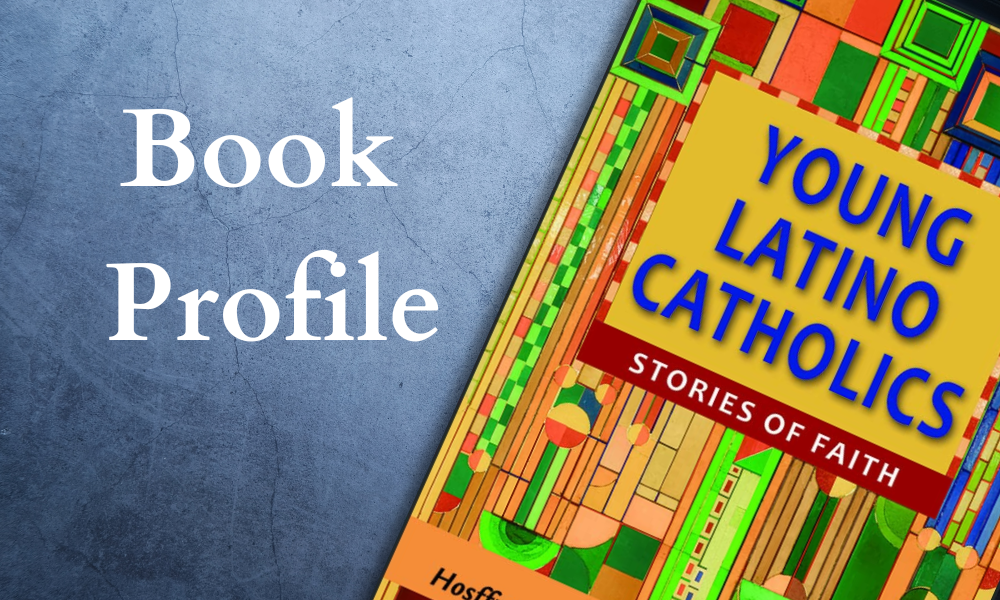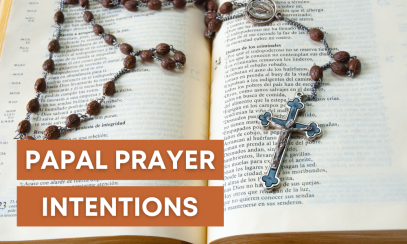
Young Latino Catholics: Stories of Faith
FAITH Catholic asked Professors Hosffman Ospino and Timothy Matovina, of Boston College and the University of Notre Dame, respectively, to reflect on some questions after reading their new book, Young Latino Catholics: Stories of Faith.
FAITH Catholic asked Professors Hosffman Ospino and Timothy Matovina, of Boston College and the University of Notre Dame, respectively, to reflect on some questions after reading their new book, Young Latino Catholics: Stories of Faith.
Edited by Hosffman Ospino and Timothy Matovina
Q: You write in the preface to the book that we are called to be a listening Church. What does that mean in a practical sense, especially with respect to Latino young adult Catholics?
The Christian experience is a constant invitation to listen: we listen to God, we read the signs of the times in history, we listen to the cry of the poor and those who are most vulnerable, we listen to one another as we build community. A listening Church is a community that is constantly attentive to the questions and realities of all its members with the hope of bringing them closer to Jesus Christ. We need to create spaces for young Latinas/os to feel comfortable sharing what is in the intimacy of their hearts. The more we listen, the more our communities will be transformed into spaces where people feel at home.
Q: The 14 individuals who contributed to this volume come from diverse backgrounds. But they share a common desire to preserve their Latino culture and their Catholic faith. How can we, as Church, help build welcoming communities?
The long history of Catholicism in the United States underscores that God’s house is not holy just because all are welcome. God’s house is holy because all peoples belong as valued members of the household. As a Church we need to nurture structures and processes that enable young people of diverse backgrounds to move from at best feeling hospitality in someone else’s Church to a sense of authentic belonging in a Church that is their own. A welcoming community is one that acknowledges and affirms the gifts, questions and hopes that young people from all backgrounds bring. Young Latinas/os know they are at home when they are able to fully and actively participate in these ways.
Q: Many young adults speak of the profound devotional influence of parents or grandparents who passed along the faith, and they have a strong desire to give back to the Latino community. What are some ways they can do this?
A number of young Latinas and Latinos treasure faith expressions learned from their elders. They foster their faith through continuing these traditions. At the same time, often the faith of their elders does not adequately address the complex reality of the world in which these young people live and their experiences growing up in the United States. They seek a faith which helps them mediate that complex reality. Young Hispanics give back to their communities through their leadership in community organizing, apostolic movements, their professional careers, activism, educational endeavors, and, most broadly, through fostering a faith commitment that is both a living tradition and an intentional way of life.
Q: The young adults express hope for a world and a Church rooted in equity, justice and fairness. Many have experienced prejudice, poverty or discrimination in their lives, but have been strengthened by their faith or have returned to it because of a single encounter. They want to make the Church a better, more welcoming refuge for young people. Do you feel hopeful they can make a difference?
The actual presence of young Hispanic Catholics in our parishes, schools and groups is de facto the biggest difference! Many of these young people have struggled significantly and join our faith communities against the odds. Like many other young Catholics in our society, they struggle with secularism, disenchantment, and prejudice. Yet, they persevere. They turn to the faith of their parents and grandparents searching for hope, and to the Church for a space to belong as Christian disciples. As they become involved in faith communities, they become true agents of evangelization and transformation. Young Latinos/as are already redefining U.S. Catholicism. We must pay attention and support them.
Hosffman Ospino
is a professor of theology at Boston College School of Theology and Ministry, where he chairs the Department of Religious Education and Pastoral Ministry.
Timothy Matovina
is a professor in the Theology Department at the University of Notre Dame.
Professors Ospino and Matovina are co-leads on a national project called Haciendo Caminos, which is focused on the pastoral theological formation of young Latina/o leaders.



